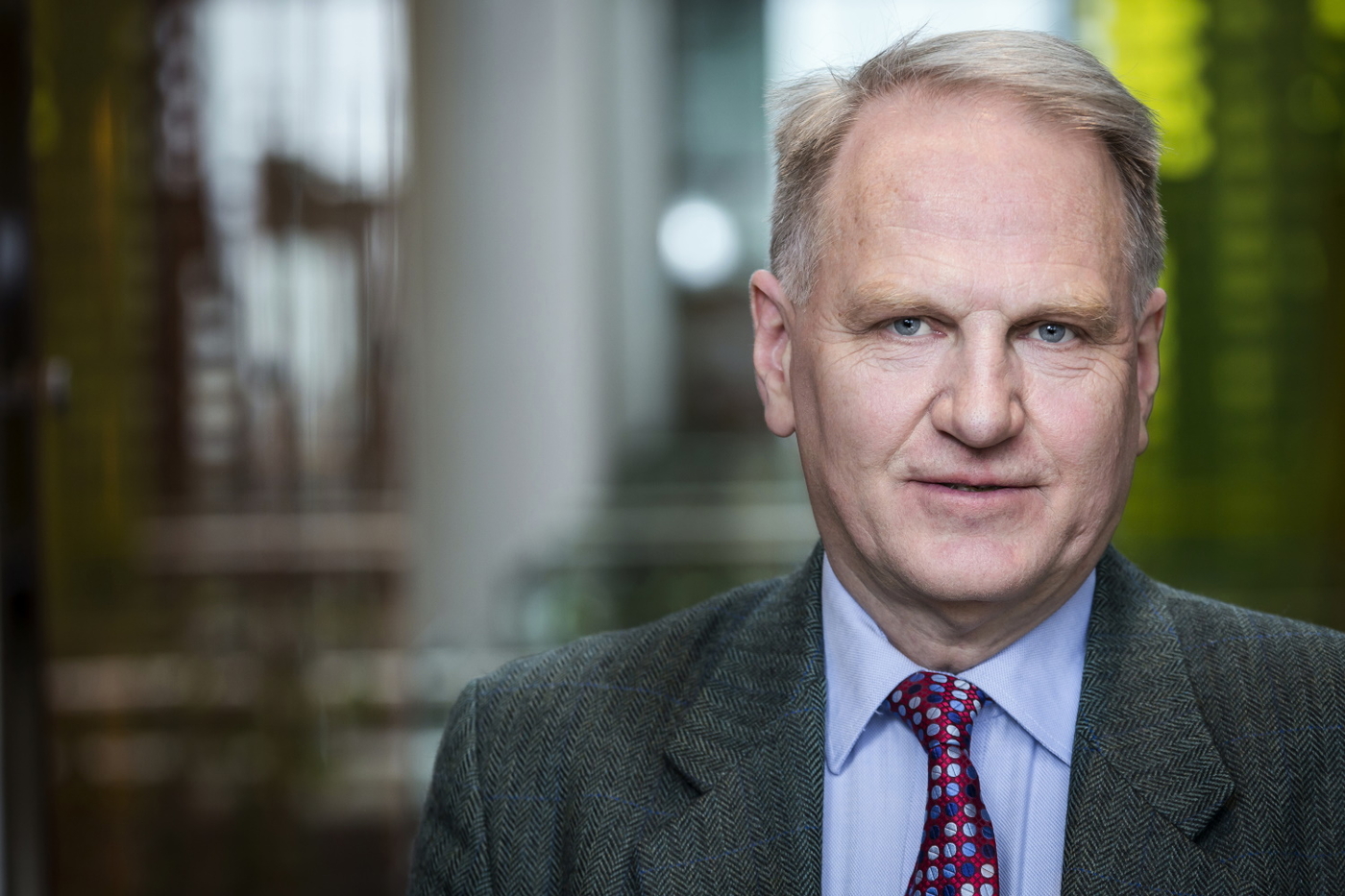"There are concerns in our society about the numbers of women leaving the teaching profession, including the fact that many young teachers do not last long in the job. Sometimes the discussion focuses more on worries about getting more men into teaching, but the fact is that when there are vacant teaching positions, gender and age don't really matter – the only thing that matters is whether you are able to work with the children and teenagers who need a teacher," says Ingólfur Ásgeir Jóhannesson, professor at the Faculty of Education and Diversity. Along with his colleagues, he is currently investigating how newly qualified female teachers manage during their first two years as compulsory school teachers and to what extent their experiences in compulsory schools are related to preconceptions about sex and gender roles.
"Compulsory school teaching is a demanding profession in many ways. Teachers need to be able to fulfil a wide range of responsibilities that involve caring for their pupils. I believe that a caring approach is a professional value and that teachers of any gender must follow working practices that are driven by that caring approach. There is a fairly significant tendency in the discourse about teaching to define a caring attitude as an inherently female quality, and to argue therefore that women are better suited to teaching young children. We are going to explore this issue in the research," explains Ingólfur.
There has been a previous comparable study that followed seven newly qualified male teachers, interviewing them five times over two years. Three articles have been published based on that study, as well as many lectures. "The interview research with newly qualified female teachers will mirror the previous study, following them for two academic years. The study will combine two areas of investigation: theories about gender and theories about newly qualified teachers and teacher recruitment. As in the research on male teachers, this study will build on theories and research from both areas, which is fairly innovative in recruitment research," explains Ingólfur.
Following female teachers in several different schools
The study has been awarded a three-year grant year from the University of Iceland Research Fund. Besides Ingólfur, the research team includes Valgerður S. Bjarnadóttir, lecturer at the School of Education; Maríanna Jónsdóttir Maríudóttir, teacher at Urriðaholtsskóli; and Aðalheiður Anna Erlingsdóttir, student teacher at the University of Akureyri. Aðalheiður Anna Erlingsdóttir will use some material from the interviews as data for her own Master's research.
The study was launched in the autumn of 2021 and is scheduled to end in the spring of 2023. It will therefore cover two academic years, with young, newly qualified female teachers interviewed every few months. "Eleven women attended the first interview, which was conducted either at the school where they worked or elsewhere, or via Teams. These teachers work in various regions of Iceland in a variety of different schools," says Ingólfur, adding that the preliminary findings of the research will be presented at the Menntakvika conference in early October. "Further results will then be presented at conferences and in articles and used in teacher education courses."
How are new recruits supported in schools?
The team believes that detailed and repeated interviews will provide a better understanding of which parts of the job motivate young teachers and where there is room for improvement – whether that be in general or whether there are barriers that specifically affect young female teachers.
"One of the things we want to look at in particular is how schools guide and support new recruits. New teachers should be assigned a mentor from among the experienced members of staff. The previous study into newly qualified male teachers revealed that few of them had a mentor and other research has showed that mentorship programmes are organised in different ways. In cases where a new recruit does have a formal mentor, it is also worth looking into how successful the mentorship is and how that could be improved," says Ingólfur.
A varied research career
Ingólfur has worked as a professor at the University of Iceland and the University of Akureyri and has a PhD in educational science as well as a cand.mag. degree in history. His research spans a range of subjects in the educational sciences, for example educational policy, educational reform, curriculums, teaching methods in upper secondary schools, the history of schools, as well as discourse on environmental conservation and outdoor pursuits.




